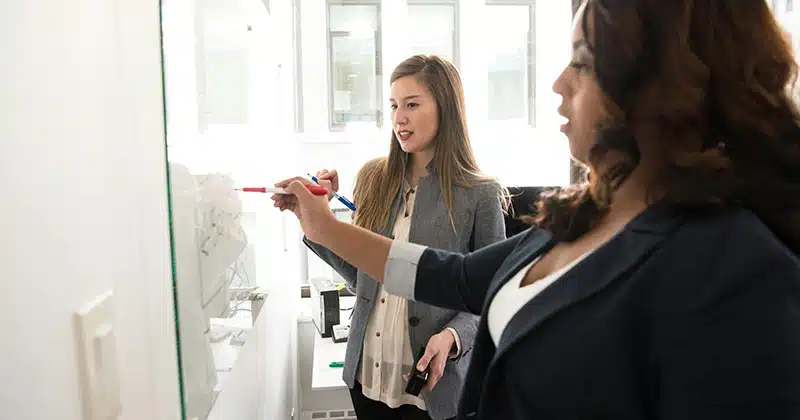
-
Platform
Full Platform Overview Chat With Us
- Product
-
Nonprofit CRMOverview Understand donors and amplify impact.Features
- Marketing & Engagement Reach out and grow your donor network.
- Reporting & Analytics Easily generate accurate reports.
- Data Management Gather and update donor insights.
- Membership Management Maximize constituent giving.
- Grant Tracking Easily manage applications and results.
- Mobile App Get things done while on the go.
-
Fundraising ToolsOverview Enable donors to give from anywhere.Features
- Donation Forms Make donating quick and simple.
- Text Fundraising Quick & effective donor communication.
- Peer-to-Peer Fundraising Equip supporters to gather donations.
- Auctions Host memorable auction events.
Additional Features- Major Gift Fundraising
- Event Management
- Data, Reports, & Statistics
- Payment Processing
-
Volunteer ManagementOverview Volunteer experiences that inspire.Features
- Streamlined Recruitment Create a great volunteer experience.
- Two-way Profile Sync Identify volunteers with high donation potential.
Additional Features- Powerful scheduling tools
- Personalized volunteer outreach
- End-to-end reporting
- Self-serve options
- Easy-to-use mobile app
 Utilize your donor database effectivelyGet the Guide
Utilize your donor database effectivelyGet the Guide Write a fundraising plan in 2 stepsGet the GuideBook a Demo
Write a fundraising plan in 2 stepsGet the GuideBook a Demo Volunteer Management Buyer's GuideDownload Now
Volunteer Management Buyer's GuideDownload Now- Results
- Pricing
- Resources
-
Articles Read the latest from our community of fundraising professionals.
-
Guides & Templates Download free guides and templates.
-
Webinars & Events Watch informational webinars and attend industry events.
-
Bloomerang Learning Learn from our team of fundraising and technology experts.
-
Compare Bloomerang Learn more about how we stack up against the competition.
-
Attend GiveCon Join us for four days of nonprofit education and fun!
-
Partner Directory Find partners to help your nonprofit thrive!
-
Ask An Expert Real fundraising questions answered by our own Fundraising Coach.
-
Platform
Full Platform Overview Chat With Us
- Product
-
Nonprofit CRMOverview Understand donors and amplify impact.Features
- Marketing & Engagement Reach out and grow your donor network.
- Reporting & Analytics Easily generate accurate reports.
- Data Management Gather and update donor insights.
- Membership Management Maximize constituent giving.
- Grant Tracking Easily manage applications and results.
- Mobile App Get things done while on the go.
-
Fundraising ToolsOverview Enable donors to give from anywhere.Features
- Donation Forms Make donating quick and simple.
- Text Fundraising Quick & effective donor communication.
- Peer-to-Peer Fundraising Equip supporters to gather donations.
- Auctions Host memorable auction events.
Additional Features- Major Gift Fundraising
- Event Management
- Data, Reports, & Statistics
- Payment Processing
-
Volunteer ManagementOverview Volunteer experiences that inspire.Features
- Streamlined Recruitment Create a great volunteer experience.
- Two-way Profile Sync Identify volunteers with high donation potential.
Additional Features- Powerful scheduling tools
- Personalized volunteer outreach
- End-to-end reporting
- Self-serve options
- Easy-to-use mobile app
 Utilize your donor database effectivelyGet the Guide
Utilize your donor database effectivelyGet the Guide Write a fundraising plan in 2 stepsGet the GuideBook a Demo
Write a fundraising plan in 2 stepsGet the GuideBook a Demo Volunteer Management Buyer's GuideDownload Now
Volunteer Management Buyer's GuideDownload Now- Results
- Pricing
- Resources
-
Articles Read the latest from our community of fundraising professionals.
-
Guides & Templates Download free guides and templates.
-
Webinars & Events Watch informational webinars and attend industry events.
-
Bloomerang Learning Learn from our team of fundraising and technology experts.
-
Compare Bloomerang Learn more about how we stack up against the competition.
-
Attend GiveCon Join us for four days of nonprofit education and fun!
-
Partner Directory Find partners to help your nonprofit thrive!
-
Ask An Expert Real fundraising questions answered by our own Fundraising Coach.










